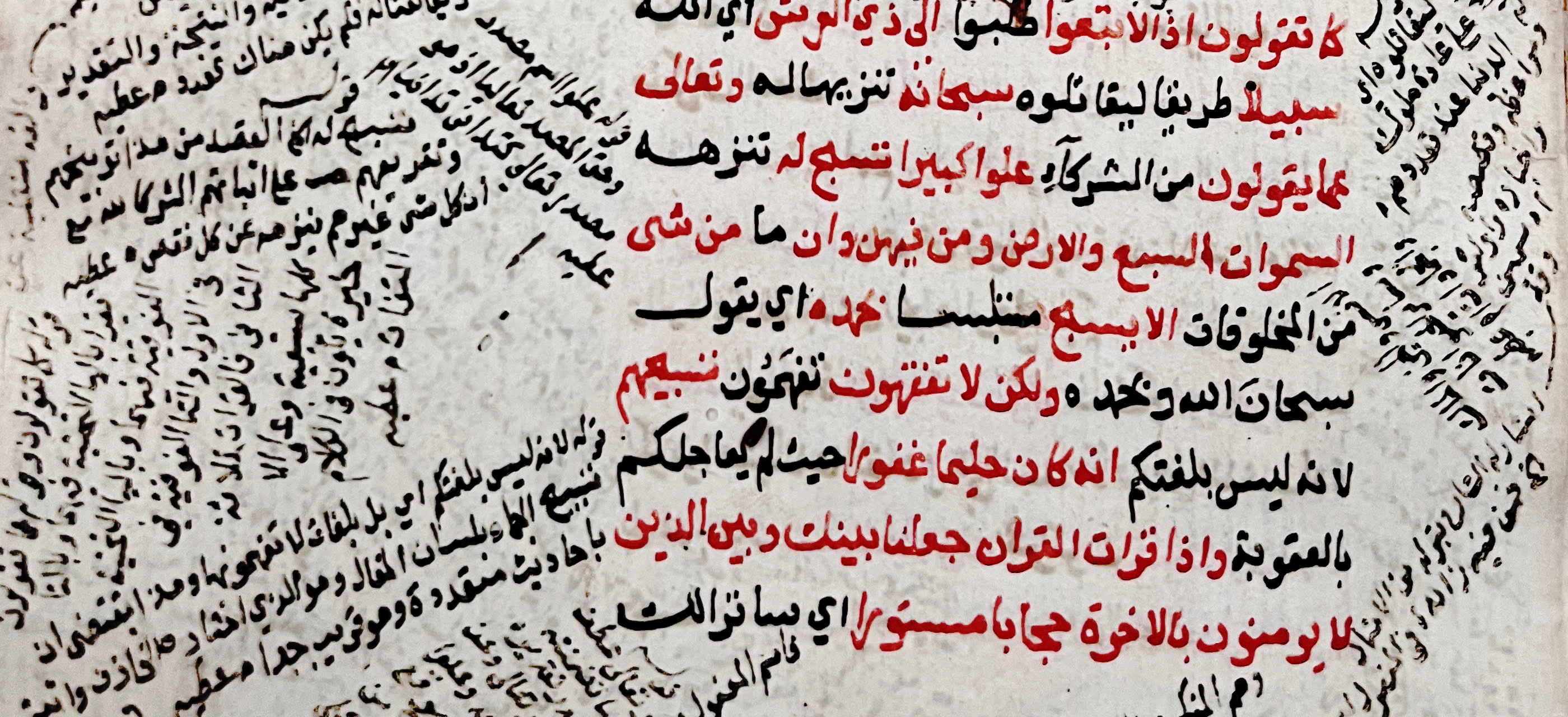The Dhofar Revolution: An Archival Analysis of the Conflict (1965-1976)
Contenu
- Titre
- The Dhofar Revolution: An Archival Analysis of the Conflict (1965-1976)
- Auteur
- Albedwawi, Saif
- Date
- 2024
- Résumé
- Britain's military presence in the Middle East underwent a significant transformation by the 1960s, characterized by contractions to establish smaller bases in Aden and the Gulf; however, the British military marked a significant change in contrast to its former stronghold at the Suez base. These bases protected vital oil interests and fulfilled Britain's obligations to local rulers. However, political developments within the Gulf and the Arabian Peninsula increasingly challenged Britain's strategic position. These evolving dynamics necessitated a re-evaluation of both diplomatic and military strategies leading to the most far-reaching anti-British revolution, the Dhofar Revolution in Oman. The scholarly discourses concerning the end of the revolution have highlighted the reintegration of the Dhofar society that was actively engaged in the revolutionary struggles of broader Omni society. Nevertheless, the mechanisms employed for their success/failures have not been covered in the existing literature. Consequently, this paper aims to fill this existing gap in the literature by contextually analysing the present literature and archival documents on the Dhofar war. For this purpose, the authors extensively utilized archival documents available within the Arabian Gulf Digital Archive (AGDA) in Abu Dhabi. Moreover, the Dhofari rebel literature derived from The Gulf Bulletin fervently promoted the communist revolutionary ideology. On the other hand, the Omani government's viewpoint was extensively disseminated through its military propaganda branch, aiming to counter the rebels' influence. This paper posits that, despite the strong support from the Communist bloc, the Dhofari Revolution ultimately failed because the rebels made hastened attempts to replace the region's traditional cultural values and Islamic beliefs with their novel ideological vision. This alienated the Dhofari population, causing the rebels to lose the support of the people they aspired to lead.
- Langue
- eng
- volume
- 14
- numéro
- 2
- pages
- 15-27
- doi
- 10.32350/jitc.142.02
- issn
- 2520-0313
- Titre abrégé
- The Dhofar Revolution
- Droits
- Copyright (c) 2024 Saif Albedwawi
Position : 676 (75 vues)

